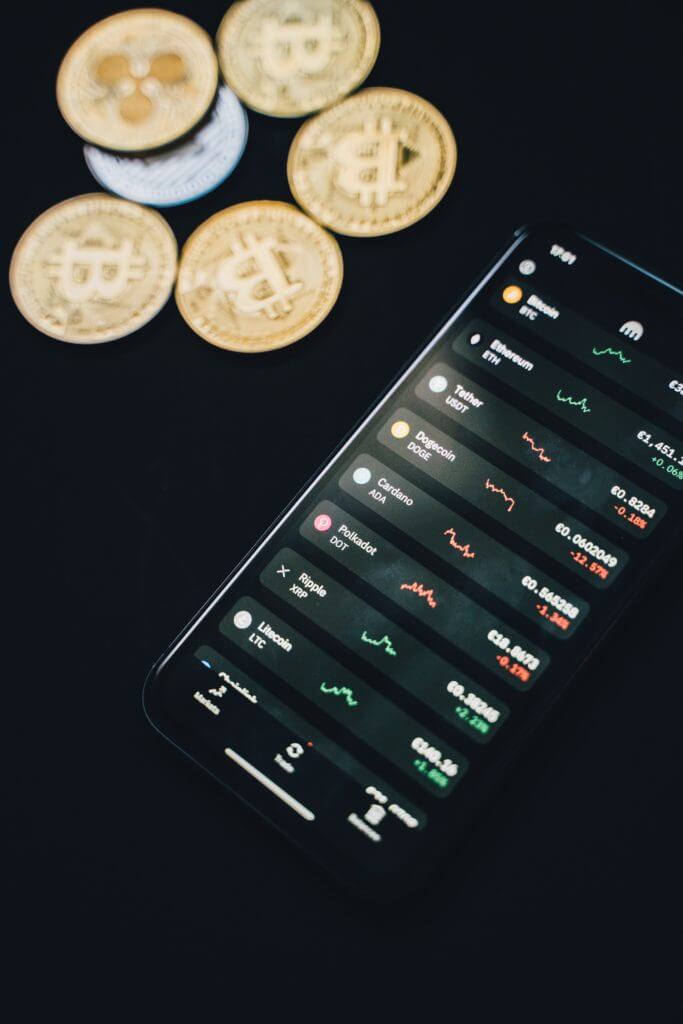NFT Smart Contract
Intellectual property rights are one of the markets of the most significant potential for NFTs. Through the concept of fungibility, NFTs can also represent individual items like artwork or video clips. Cryptocurrency and NFTs use the blockchain; the most common blockchain used for NFTs is on Ethereum’s blockchain. Ethereum is also a cryptocurrency, but through the exchange of smart contracts on the Ethereum blockchain, trading NFTs are possible, creating scarcity, and subsequently, value in a digital marketplace.
A certificate of authenticity of memorabilia creates the authenticated value of seemingly ordinary items by combining sentimental value and a legitimized governing body to prove that; the thing you own is authentic. Smart contracts are a tool in the exchange of NFTs in the digital marketplace. Smart contracts are pieces of code that execute business logic and create scarcity and value; they allow NFT creators to embed trade parameters in what they create.
The use cases for smart contracts are wide, creators of the NFT input business logic in the contract that indicate certain rules about trading their NFT. For example, a smart contract could indicate that every time a specific NFT is resold on the marketplace, the original owner/creator would get 2 percent of the sale price as a royalty. The blockchain allows verification and authentication of the original owner because it is a decentralized ledger.
Another implementation of smart contracts would be in the case of crowdsourced fundraising. Smart contracts can be programmed for all sorts of situations, like crowdsourcing a startup company. If a company creates a smart contract where they are trying to raise $100,000, supporters of the new idea can pay directly to the smart contract, and if and only if the fundraising goals are met, the company receives the newly raised funds. Otherwise, the investors get their money back – this all happens without third-party companies like GoFundMe or Kickstarter, which collect a percentage of the money raised.
Because these agreements are on the blockchain, they are immutable and distributed, ensuring tamperproof and enforceable contracts. Smart contracts on a blockchain alone create a new market for enforceable agreements. Read more about decentralized finance here.






